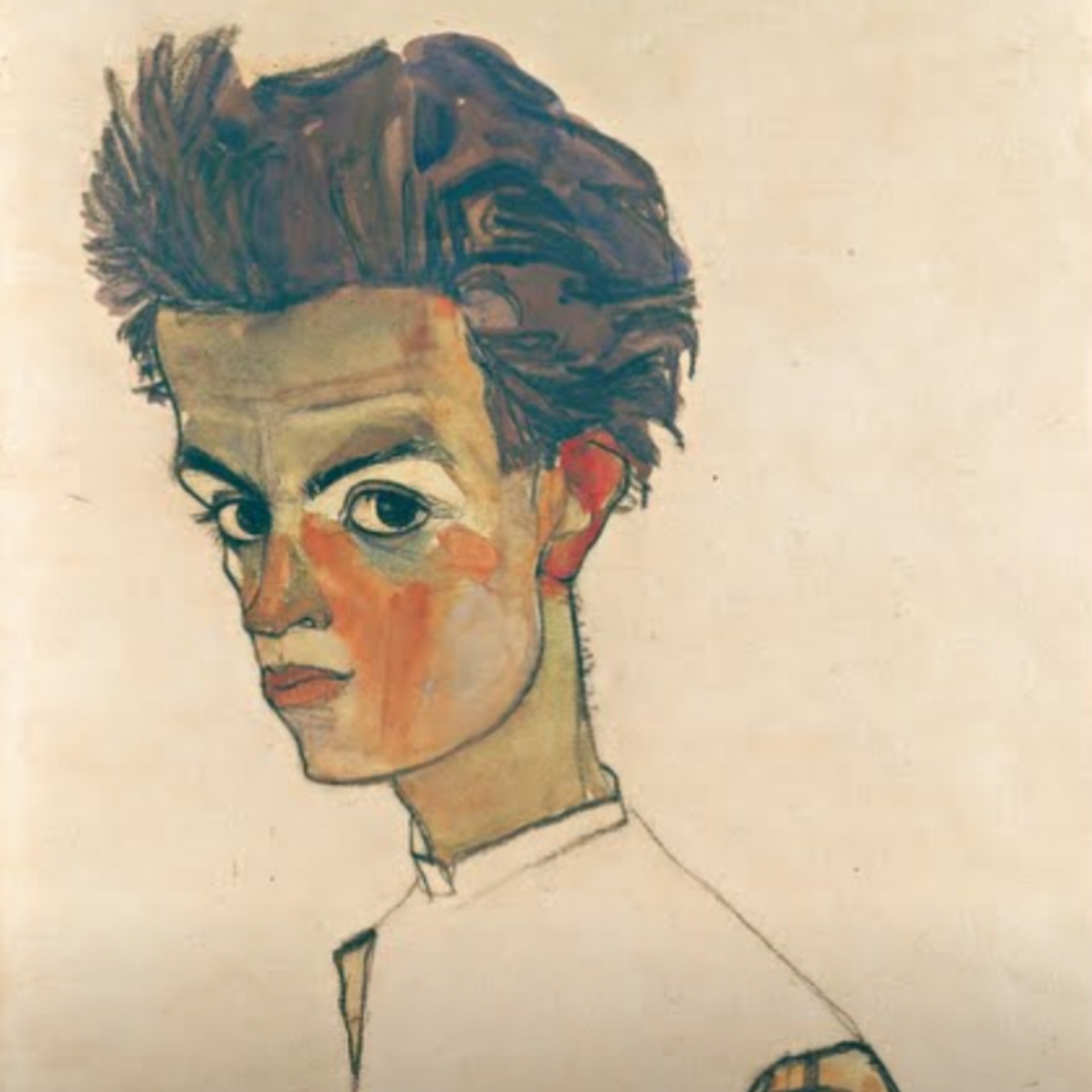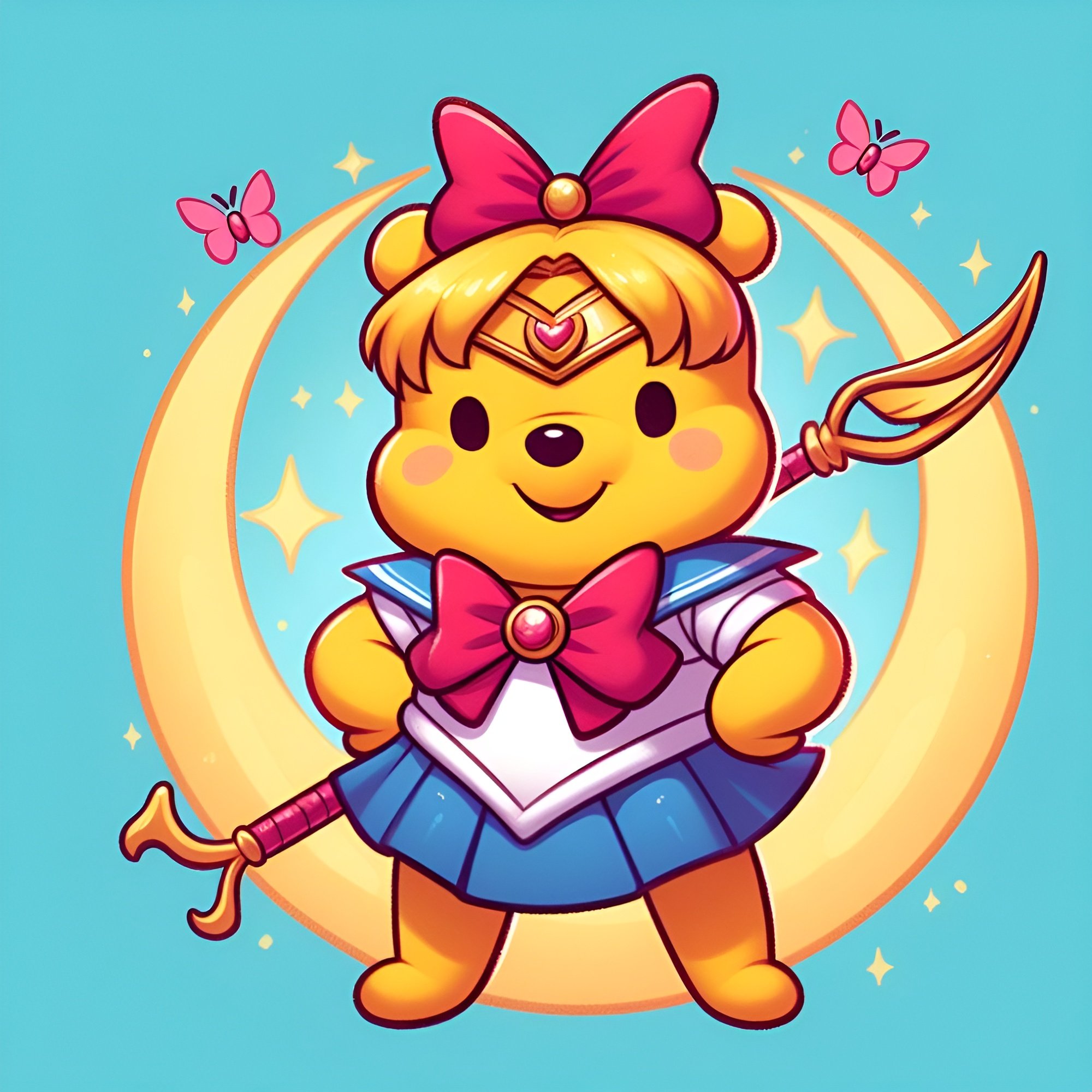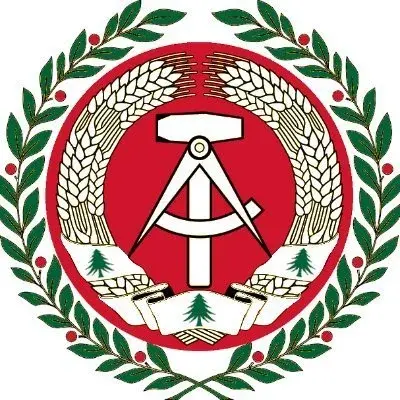im going to scream until she wakes up and asks why. thats how mad i am.
Reading through the mod log I saw a "I am very far left and a socialist and I hate tankies because they're authoritarian dictator worshipers" and I would love to don a cunning disguise and pick that person's brain regarding just what socialist tendency they're part of that isn't authoritarian and doesn't have dictators and exists in the real world.
Perennial Jones Manoel article excerpt:
Western [leftism] is basically a kind of [leftism] which has, as a key characteristic, never exercised political power.
It is a [leftism] that has, more and more frequently, concerned itself with philosophical and aesthetic issues. It has pulled back, for example, from criticism of political economy and the problem of the conquest of political power.
More and more it has taken a historic distance from the concrete experiences of socialist transition in the Soviet Union, China, Viet Nam, Cuba and so forth. This western [leftism] considers itself to be superior to eastern Marxism because it hasn’t tarnished [leftism] by transforming it into an ideology of the State like, for example, Soviet Marxism, and it has never been authoritarian, totalitarian or violent.
This [leftism] preserves the purity of theory to the detriment of the fact that it has never produced a revolution anywhere on the face of the Earth – this is a very important point. Wherever a victorious socialist revolution has taken place in the West, like Cuba, it is much more closely associated with the so-called eastern Marxism than with this western [leftism] produced in Western Europe, the United States, Canada and parts of South America. This [leftism] is proud of its purity and this is the first elemental characteristic that derives from Christianity.
Gramsci shows that one of the main historical concerns of the Catholic Church has been to control the reading and the diffusion of Christianity, blocking the rise and spread of popular, autonomous and base level interpretations and thereby saving the purity of the historic doctrine. Therefore, the Catholic Church can say that Christianity is love, equality, loving thy neighbor, compassion and non-violence, despite the fact that it has been a fundamental weapon in the legitimization of slavery, the crusades and colonialism, and despite the coziness of various elements of the Catholic Church with Nazi-fascism and the military dictatorships.
There is a constant throughout the entire history of Christianity which is that these elements don’t corrupt the doctrine. They are either false expressions of Christianity, or they are facts, like potatoes in a sack, that have no theoretical, political or, most importantly, theological meaning. So, the fact that history denies the affirmation that Christianity is based on compassion and peace does not change or challenge the doctrine.
Many [leftists] act the same way. Their biggest worry is the purity of the doctrine. Every time that historical facts challenge the doctrine or show the complexity of the practical operationality of elements of the theory, they deny that these elements are part of the story of Marxist theory and doctrine. This is, for example, what doctrines of betrayal are built on.
Every movement that appears to stray a bit from these “pure” models that were created a priori is explained through the concept of betrayal, or is explained as “state capitalism.” Therefore, nothing is socialism and everything is state capitalism. Nothing is socialist transition and everything is state capitalism. The revolution is only a revolution during that glorious moment of taking political power. Starting from the moment of building a new social order, its over. Revolution is always a political process which has two moments: a moment of destruction of the old capitalist order and taking power, and a moment of building a new order. The contradictions, the problems, the failures, the mistakes, sometimes even the crimes, mainly happen during this moment of building the new order.
So when the time comes to evaluate the building of a new social order -- which is where, apparently, the practice always appears to stray from the purity of theory -- the specific appears corrupted in the face of the universal. It is at this point that the idea of betrayal is evoked, that the idea of counter revolution is evoked, and that the idea of State Capitalism appears in order to preserve the purity of theory.
Read the whole article, you libs.
Good point. I've been known to scream "Do you want to be pure or do you want to win?" at people and I wouldn't be surprised if it's due to one of the times I've seen this article over the years.
Inhales deeply and remembers the rules about sectarianism on Hexbear
I am a long-term anarchist recently turned ML and one of the things that stuck out to me, when I took a serious historical look at anarchist projects that have existed in the world, was that all of them were fighting to win and in doing so they lost touch with questions of ideological purity like Manoel discusses in this article in favour of doing what was necessary, which was the nail in the coffin for my former beliefs, especially after having read Lenin. It made me realise the necessity of so-called "authoritarian" tools such as apparatuses of state, secret police (heck even police forces more generally), and measures that were expedient such as summary executions, given the state of war and risk of counterrevolution that all revolutions have faced and will face in the future.
Can you talk about where the idea that, idk, Anarchists aren't allowed to fight against their oppressors comes from? That's one I've really never understood. My conception of Anarchism involves a whole lot of honest to god warfare and it seems like a lot of the twitter Anarchist crowd view any offensive action as unacceptable. It's something I really struggle to make sense of.
From admittedly limited interactions it seems like a lot of reddit and twitter anarchists are firmly anti-revolutionary, viewing anything like revolutionary violence as oppression and authoritarian and I don't understand how they came to that view. And my attempts to get some kind of explanation directly have mostly failed. I suspect we're not using language the same way and I don't know what questions to ask.
Yeah, there was a phenomenon that existed which (I suspect) has largely morphed into something that goes by a different name these days but when you had these baby radicals coming into anarchist spaces they'd identify with the anti-communist/anti-actually existing socialism paradigm due to the usual suspects of media bias, liberal indoctrination etc. and so a lot of baby radicals would arrive at the anarchist position of reflexive anti-authority, typically via countercultural movements like punk etc. and the "safe" or "default" position was anarchism back then so you'd have a large cohort who would adopt positions of reformist anarchism (which often manifested in expressions of reticence towards revolutionary positions in favour of what a Marxist would consider to be utopianism; the belief that worker co-ops and turning the ideological tide of liberalism and so on would be sufficient to achieve revolution "one day" when the masses have mobilised sufficiently that the state can no longer oppose the grassroots push for full democracy and it will have to relent in the face of popular mobilisation).
This would be rejected by your long-term and hardcore anarchists who saw the necessity of overthrowing the state as an immediate priorty and thus emphasised pushing for revolution but often those anarchists are out in the streets doing direct action and so their voices are very often deprioritised in the online space and they get crowded out by the much-more online "revisionist"-style anarchist voices, or evolutionary-style anarchists is probably a better way to put it.
I feel like these days that cohort of baby leftists find themselves more attracted to the labels of SocDem/DemSoc/"leftist" labels than anarchism, although I dropped out of online anarchist spaces due to major ill health and DV, in between which I lost my faith in anarchism and eventually emerged as an ML so that's more of a hunch than anything and it could be a product of what baby leftists I personally have been finding myself exposed to due to the circles that I move in more than anything else.
I also think that there's simply less focus on what is essentially historical materialism and on ideological development with the view to refining the politics of new anarchists compared to what you find with Marxists, whether that happens to be Trotskyists or MLs or Maoists etc. - there seems to be much more focus on ideological alignment within those groups internally whereas with anarchism there's a lot more of an individualistic approach where people gravitate to pacifist anarchism or vegan anarchism or post-leftism or egoism or whatever flavour they are most attracted to and on top of that because anarchism is generally very anti-hierarchical then there's less deference to the more senior (and ideologically developed) anarchists. I think in combination this means that, unless you take it upon yourself as an anarchist to do your own ideological refinement and research into history, you probably aren't going to develop out of that utopianism and reformism into a fully-fledged revolutionary position until you either do the study or you really get engaged in the practical side of organising.
Look, that's just my personal take and it's far from being an ethnographic study into the anarchist movement as a whole so take it with a pinch of salt but I hope that it answers your question.
Feel free to ask about anything if you want to know more.
Thank you for taking the time to write it out. It gives me a lot to think about and some leads to pursue. I've only just run in to the concept of evolutionary Anarchism and it sounds like something worth looking in to the try to understand where current thought lies.
Oh sorry if I mislead you on this but afaik there's not really anything in the discourse about "evolutionary" anarchism or "revisionist" anarchism, I was just using the terms that a Marxist would as shorthand to get the general idea across from a Marxist perspective.
Afaik there really isn't even a term or a conceptual framework within anarchist discourse for this cohort that we've been discussing and I think that speaks to the lack of ideological rigour within anarchism, in the sense that different interpretations of anarchist praxis aren't neatly categorised and defined by their "program" in the way that Marxism has done.
To illustrate the point, I could make a particular argument and you would be able to accuse me of Kautskyism or utopianism, for example, and you'd invoke all of the Marxist critiques of that position by resting on the work of earlier theorist by labelling my position but that is something which I never really saw much of within intra-anarchist discourse and I suspect that it doesn't really exist aside from what has been imported into anarcho-communism, and even then anarcho-communists can be quite eclectic in how they engage with Marxist theory and what they decide to adopt.
I think that's probably why you haven't been able to get a solid response to your question from anarchists - I suspect that there really isn't even that much in the way of a conceptual framework to identify that trend, let alone to speak about it in any detail, unless you happen to find yourself talking to an anarchist theorist who is occupied with critiquing different schools of anarchist thought.
To some extent, Social Anarchism or Lifestyle Anarchism: an unbridgeable divide deals with that issue, or perhaps with its early roots. When I was more involved in anarchist spaces in the early 2000s, people knew about this article, and generally considered lifestyle anarchists to be wankers. But since the rise of social media, it seems like a kind of lifestyle anarchism has become the dominant tendency, with people rejecting not only hierarchical power relations, but any kind of organization that might have any hierarchical structure, like the federations traditionally endorsed by anarchists. And rejecting all authority, even Bakunin's "authority of the bootmaker" (i.e., expertise).
It's a very bad state of affairs, and I think it comes about partly because baby anarchists today learn from word of mouth rather than from books or textfiles, and in particular, from baby anarchists who hardly know more than they do but have social media followings. Kids these days, is what I'm saying. They need to get off of
myour lawn.I think that lifestylists, or at least lifestylism, still copped a lot of flak when I was an anarchist. I still fondly remember my days quoting that Bakunin passage at the lifestylists lol.
Obviously I'm much more sympathetic towards platformism and libertarian municipalism and the like, even today, but it's sad to hear that lifestylism has become the predominant trend in (online) anarchism although I can understand its allure; you don't need to worry about organising or even reading literature or any of the hard work really because you can just reject that out of hand and focus on doing what feels right for you.
https://redsails.org/western-marxism-and-christianity/ same article but with translations to other languages
i once told a tankie at school that im a socialist too i just believe in good things
i asked him what he believes in
he said "bad things"

Anarchism is when no authority, and the less authority the more anarchist
Can you recommend any reading on it? I'm really not familiar with that tendency, but I'd like to learn more.
The Conquest of Bread is to anarchist communism as the Communist Manifesto or maybe Wage Labor and Capital is to Marxism — a standard introduction. After that, you might want to read Post-Scarcity Anarchism by Murray Bookchin.
I think he meant anarcho-socialism, which as far as I'm aware isn't a real tendency. there's anarchists and ancoms of all kinds of stripes but all anarchists are socialists so the term doesn't really make sense.
You caught me with my pants down here I don't know any good resources
One of those Sexbear ppl showed me a picture of pig poop. All I did was call them a slur! They're so mean I feel attacked! I shid and fard everytime I see a pronoun now!
CW: cops, tanks, sirens
Story:
spoiler
in 1995 an army veteran borrowed an M60 Patton tank and went on a slight rampage through Sand Diego.
- At first it referred to westerners who supported the Soviets sending the army into Hungary in 1956 (ish) to crush an uprising there.
- Later, online, it started to refer to unironic communists.
- Now it's basically the liberal version of screaming "woke". It can mean anyone or any position to the left of AoC these days.
Uhh. It's complicated. It's an insult used to denounce communists and some other related groups. The people who use it are mostly what we consider to be liberals, aka people who believe that liberal economics produce good results for humanity. We apply "liberal" or "lib" pretty freely. It's our pejorative/insult for everyone from Democrats to V*ush fans to people who claim Anarchism but seem to have a limited understanding of theory.
The complicated part is that it doesn't really have any clear meaning. The people who use it seem to apply it to anyone vaguely lefist that they don't like. Generally speaking if you think China under the CPC or the Soviet Union were anything less than pure evil you'll find people throwing "tankie" at you without much thought. Most people who use it don't seem to have much if any grasp of history, and what they do know is often incomplete, flat our wrong, or western anti-communist propaganda.
Most communists have strong criticisms of the conduct of the Soviet Union, the CPC, and other socialist states, but we also acknowledge programs and concepts that were successful. They're not just one thing that can be reduced to good or evil - Stalin's forced removal of entire ethnic groups was horrible and should not be repeated, but we can also acknowledge that the Soviet Union made incredible leaps in agricultural technology or materials science. Both things can be true, and the reasons for each of these things can be very complicated - Stalin, or that is to say the Soviet government, wrongly believed that people like the Volga Germans represented a serious threat of collaboration with the Nazi regime, and deported them in to the interior of the USSR in what was de-facto collective punishment. But on the other hand the Communist Bloc was able to take advantage of the socialist economy, which allowed free sharing of scientific information without being hobbled by patents and IP laws, to collaborate very effectively and make great scientific strides. One of these doesn't cancel the other, and both hold important lessons - Things we should learn from and build on, and things we should be careful not to repeat.
All that is lost on people throwing around the tankie insult. They mostly know about the USSR and China from very low quality sources or naked propaganda, and they have a very black and white view, condemning entire countries and all the people in them based on false beliefs. It's very frustrating.
As for the origin of the term - In 1956 in Hungary there was a revolt against the Communist government. Many different factions sprung up during the revolt. Some seem to have been communists acting in good faith on the belief that their government was not implementing a socialist society effectively and needed to be replaced. However others were fascists, or the children of fascists, who had collaborated with the Nazis during WWII just ten years prior. After some indecision the Politburo in Russia decided to send Red Army troops to crush the revolt and restore the previous government. This action essentially split the left outside of the Eastern Bloc. The consensus is that many western leftists believed that the communist bloc could maintain itself without the use of force, and that the Politburo had betrayed the revolution by crushing the Hungarian revolt. British communists who broke with the mainstream communists over this disagreement coined the word "tankie", after the Red Army tanks sent in to Hungary, as an insult to describe their opponents.
Some jackass dug the term up out of the history books a few years ago and now many very online people use it as an insult against people they perceive to be evil and ruthless.
Some jackass dug the term up out of the history books a few years ago and now many very online people use it as an insult against people they perceive to be evil and ruthless.
In the period from about 2012 to 2020 it was used in internecine squabbles between MLs and anarchists, with all MLs (not just those who would have supported the Moscow line on Hungary) being called tankies, and anarchists being called anarkiddies. Sometimes this was serious, sometimes it was good-natured teasing, and it depended on context. Around 2020, liberals somehow absorbed this usage from anarchists, but spread the meaning even further, to include initially anyone supporting (critically or otherwise) present or historical AES (actually existing socialist) states, then to anyone opposing US/NATO) foreign policy, then eventually to anyone to the left of Joe Biden. It got attached to brainworms US liberals had been cultivating since the "Russiagate" conspiracy theory of 2016, and accelerated with the Russian invasion of Ukraine.
I'm not a communist and I'm not mentally ill.
Well you're a liberal and a vile son of a bitch at that to compare mentally ill people to those radlibs! Go jump headfirst into the grand canyon without a parachute because you really do embody the worst of reddit.












